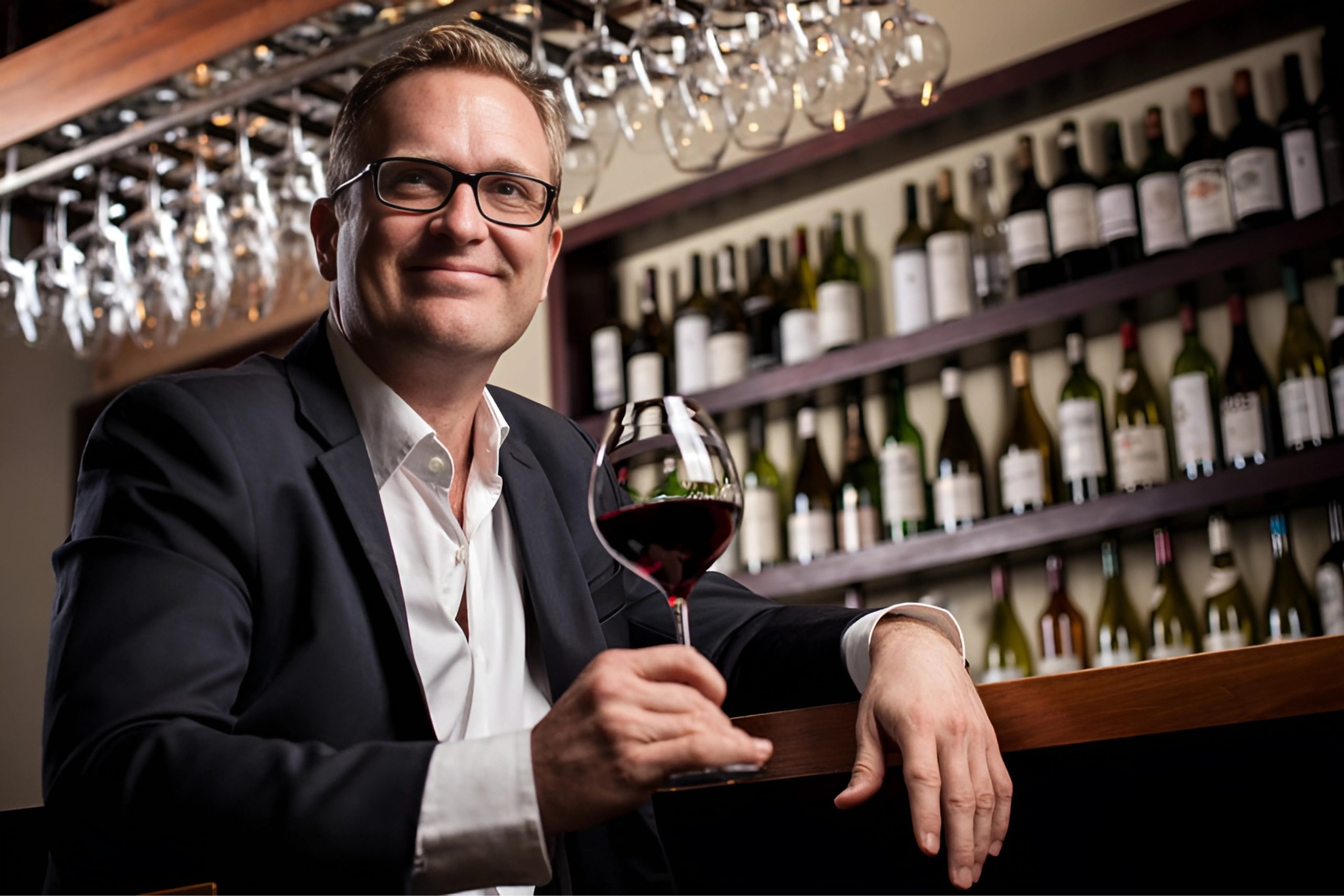AI is ‘here to help make better decisions’ for wine trade
Alongside the drinks business‘ first artificial intelligence conference in London, another event across the Atlantic highlighted the work being done on the issue. Roger Morris reports.

The consistent message echoed in all the presentations “Vine to Mind” conference on artificial intelligence hosted earlier this month by the Harvard Data Science Review (HDSR) was, “AI is here to help you make better decisions, whether you are a multi-billion dollar global wine company or a small family winery with a tasting room – in fact, both are probably already using some form of AI in your operations.”
“The challenge is that not everyone will know how to engage with the technology,” said one of the conference organisers, Donald St. Pierre, cofounder and chairman of AdaptEdge.
“Additionally, the term artificial intelligence or ‘AI’ will scare some people off.”
“One of the challenges the conference wanted the conference to address was how do research and industry connect with each other?” added Xiao-Li Meng, founding editor-in-chief of the HDSR, now celebrating its fifth anniversary of publication.
Research papers
Altogether, there were about 16 research papers and talks presented at the one-day meeting as well as a panel presentation titled “A Dialogue between Industry Leaders and Academic Researchers,” which included Laura Catena, managing director of Bodega Catena; Jean-Baptiste Rivail, Groupe Bollinger’s CEO of Ponzi Vineyards; Gallo CFO Mark Sahn and academic researchers Elisabeth Forrestel and Daniel Sumner, both of the University of California at Davis.
The highlights of the conference included:
Data people
“One of the first things we have to do is convince winery owners that they are ‘data people,’” said Cathy Huyghe, co-founder and CEO of Enolytic, a company that provides software for wineries for use with viticulture management, product development, sales planning, marketing and consumer engagement.
In many cases, she said, wineries already own rich first-party data they have collected during tasting room visits and through their wine clubs. This, combined with data from wholesale distribution and through other third-party sources can be key to successful business planning and execution.
Break through the clutter
Jeffrey Meisel, VP and GM for Constellation Brands’ direct to consumer program, said that AI helps his company work with DTC data “to break through the clutter” of wine messages and information that consumers face daily. Even though Constellation has multiple brands marketed worldwide, Meisel said that the use of data and AI “helps us originate bespoke hospitality to our individual customers.”
Partner Content
There to help consumers
Among the many ways in which Total Wine & More, the U.S.’s largest wine retailer, employs AI, some of the most-productive are those used at the point-of-purchase arena, said CEO Troy Rice.
“We have various recommendation models that help consumers” make purchase decisions within the store, Rice said, and because most Total Wine stores carry thousands of individual wines, AI is also used to help both store personnel and customer more easily locate wines for purchase.
Pernod Ricard
One of the most-detailed presentations as to how a large conglomerates already employs AI was given by Pierre-Yves Calloc’h, chief digital officers of Pernod Ricard. Calloc’h also reminded attendees that AI isn’t something new, that companies such as Pernod Ricard have been using targeted data programs since the early 2010s, giving examples in three business areas.
In Australia, he said: “We use AI to help us predict when we should pick while at the same time using this data to help the winery prepare to receive and process the grapes.”
Similarly, he said: “We use AI to plan how to allocate our marketing resources across our 240 brands – where to ‘bet’ with our financial spend” of about 1.5 € billion. About 80% of the spend is determined by these data models, he says, while the rest is left to human judgment in portfolio planning. Finally, Calloc’h detailed how Pernod Ricard uses AI to process data in its many sustainability programs.
Cornell
In the academic studies arena, Bradley Rickard of Cornell University detailed how he used Neislen and other data to analyze the financial impact across the beverage alcohol economy of a change in Colorado laws that allowed beer to be sold in grocery stores.
Organiser Xiao-Li Meng indicated he was pleased with how the conference was received by both wine business participants and those from academia and indicated he would like to see the conference be held annually.
“Perhaps one year we could have it here at Harvard,” he said, “and the next year somewhere in the wine world – perhaps even in an emerging wine region.”
Related news
Lockdown to lifeline: the lasting impact of alcohol home delivery
Everything you wanted to know about the Australian beer industry
Moderate alcohol intake boosts cardiovascular health, meta-analysis finds




